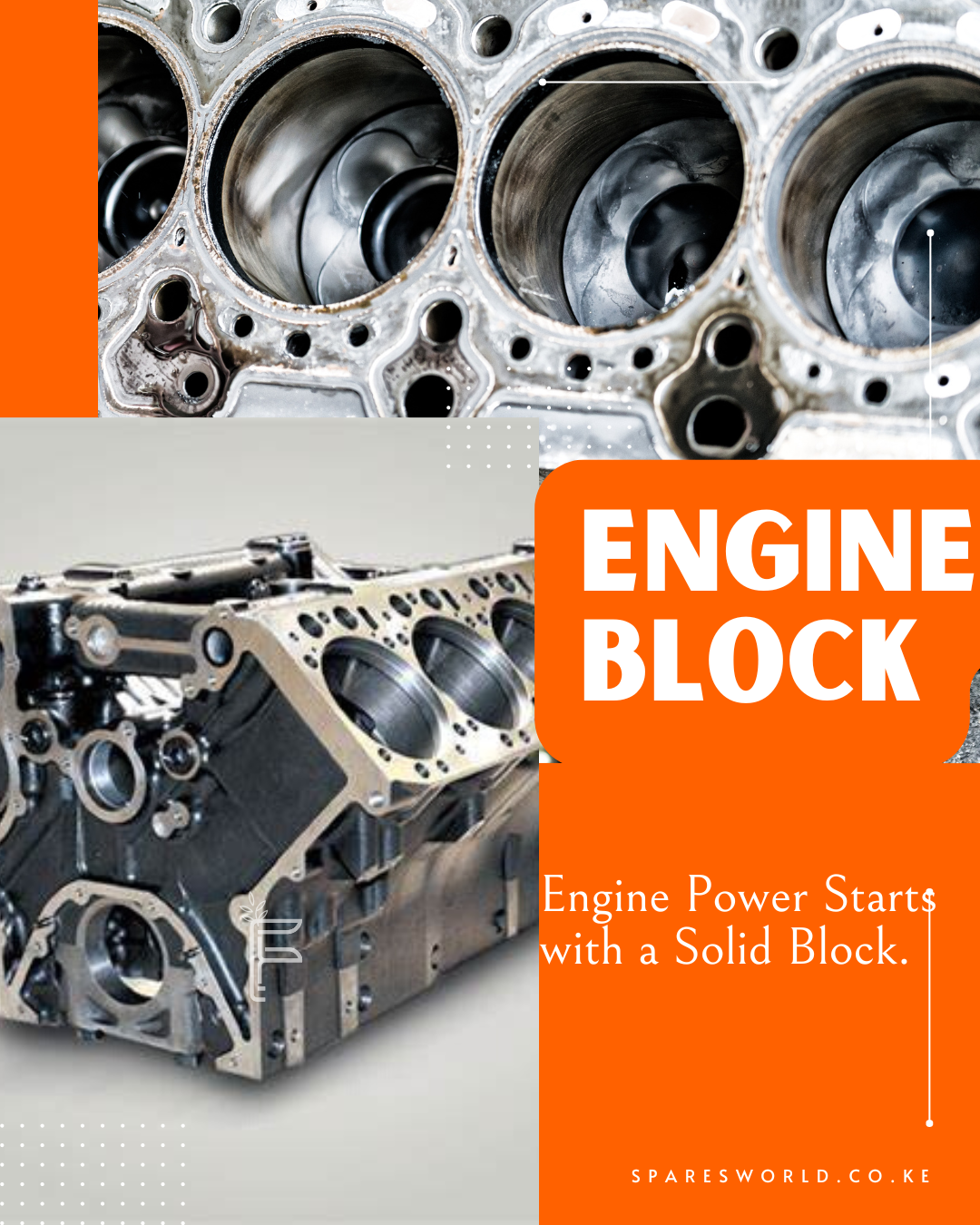Key Indicators of Engine Block Issues

Discover the crucial signs that could indicate your vehicle's engine block is in trouble;
Understanding Engine Block Functionality
The engine block is the heart of your vehicle's engine. It houses critical components such as the cylinders, pistons, and crankshaft, and it plays a crucial role in maintaining the overall structural integrity of the engine. The engine block ensures that the internal combustion process occurs smoothly, converting fuel into mechanical energy that powers your vehicle.
Understanding how the engine block functions is essential for diagnosing potential issues. It is typically made from robust materials like cast iron or aluminum, designed to withstand high temperatures and pressures. Despite its durability, the engine block can still encounter problems that may lead to severe engine damage if not addressed promptly.
Common Symptoms of Engine Block Problems
Several symptoms can indicate issues with your engine block. One of the most common signs is overheating. If your engine frequently overheats, it could be due to a crack or other damage in the engine block, causing coolant loss.
Another symptom to watch for is white exhaust smoke, which might suggest that coolant is leaking into the engine cylinders due to a crack in the engine block. Additionally, if you notice a noticeable drop in engine performance, unusual noises, or visible oil leaks, these could be signs of engine block problems that require immediate attention.
Diagnosing Engine Block Cracks
Diagnosing an engine block crack can be challenging but is crucial for preventing further damage. One common method is a visual inspection, looking for visible cracks or signs of coolant and oil mixing, which often appears as a milky substance on the dipstick or oil cap.
Another diagnostic method is using a pressure test to determine if there are any leaks in the cooling system. A professional mechanic might also use dye penetrant testing or magnetic particle inspection to identify cracks that are not easily visible to the naked eye.
Preventive Measures for Engine Block Maintenance
Preventive maintenance is key to avoiding engine block issues. Regularly checking and maintaining the coolant levels and ensuring the cooling system is functioning correctly can help prevent overheating, which is a primary cause of engine block damage.
It's also important to use the right type of engine oil and change it according to the manufacturer's recommendations. Routine inspections and timely repairs of any minor issues can go a long way in preserving the integrity of your engine block.
When to Consult a Professional for Engine Block Issues
While some minor engine block issues can be identified and addressed by car owners, significant problems require the expertise of a professional mechanic. If you notice persistent symptoms such as overheating, white smoke, or unusual noises, it's essential to consult a professional as soon as possible.
A professional mechanic has the tools and experience to accurately diagnose and repair engine block problems, ensuring your vehicle remains safe and reliable. Delaying professional consultation can lead to more severe damage and costly repairs in the long run.

 Loading..
Loading..